
Find A Professional
More Items From Ergsy search
-
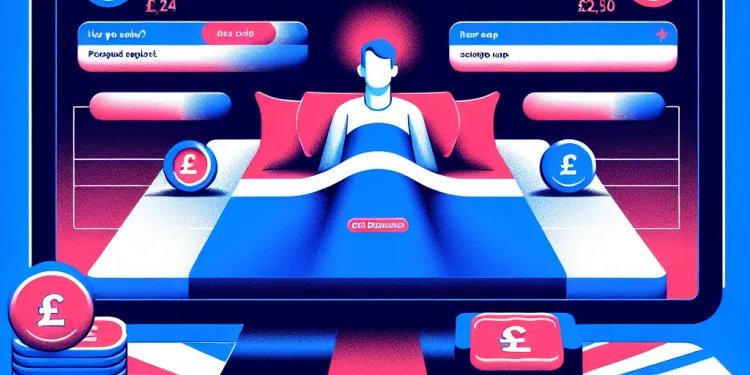
How is sleep apnea diagnosed?
Relevance: 100%
-
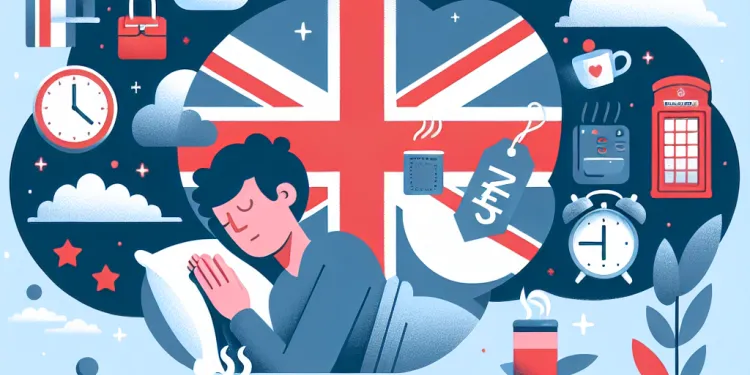
What are common symptoms of sleep apnea?
Relevance: 97%
-
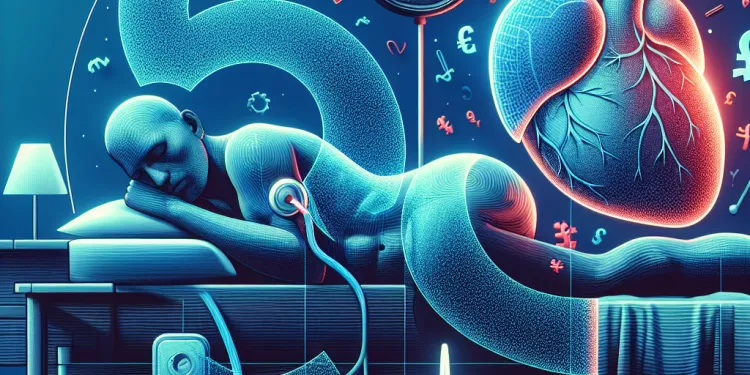
What is complex sleep apnea syndrome?
Relevance: 94%
-

What is sleep apnea?
Relevance: 93%
-

What are the main types of sleep apnea?
Relevance: 93%
-
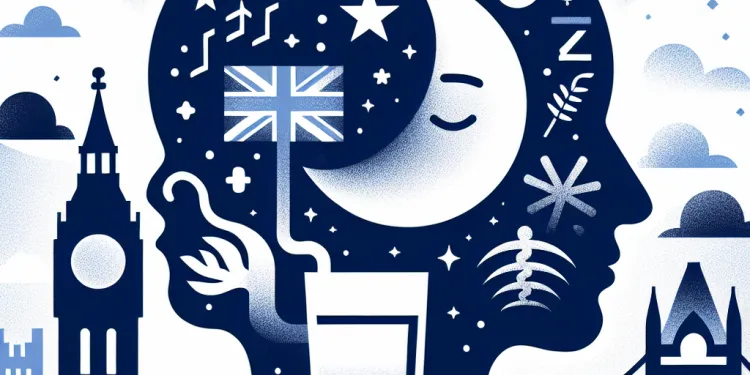
Can alcohol worsen sleep apnea?
Relevance: 92%
-
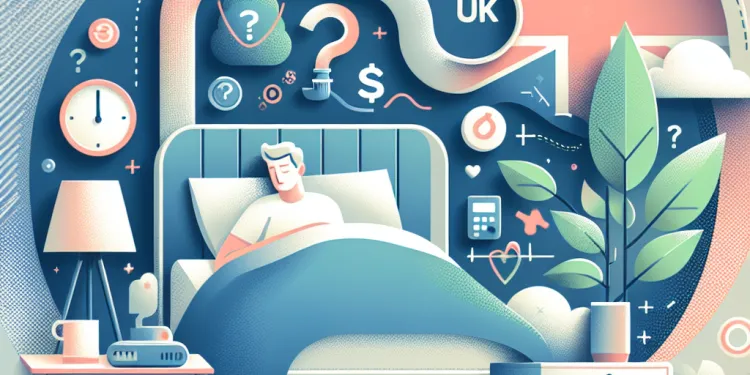
How common is sleep apnea?
Relevance: 91%
-
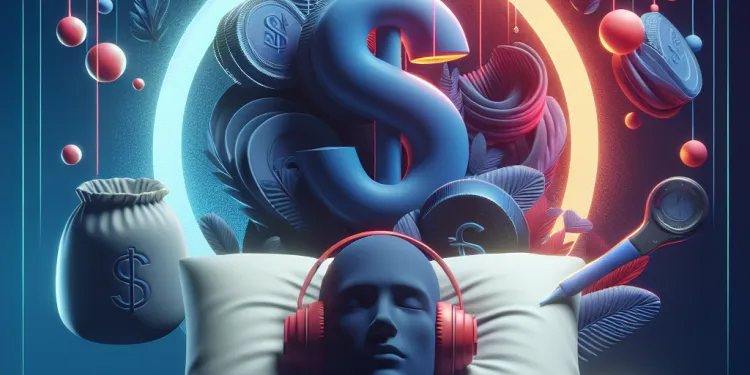
Why is sleep apnea dangerous?
Relevance: 88%
-
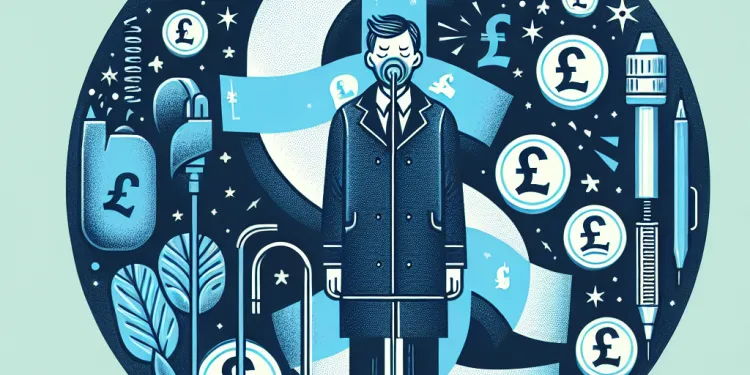
What is sleep apnoea?
Relevance: 88%
-
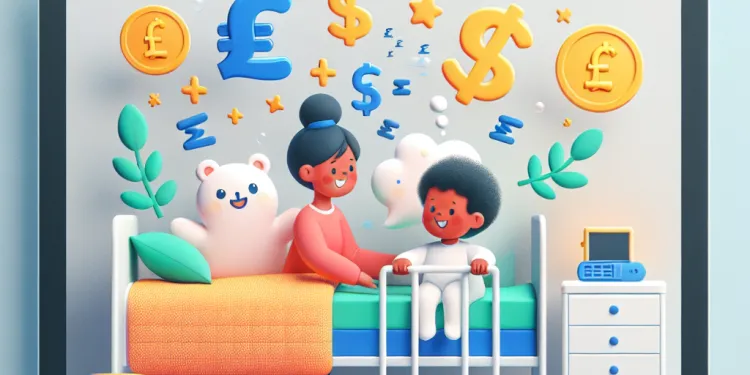
Can children have sleep apnea?
Relevance: 87%
-

Does sleep apnea occur only in adults?
Relevance: 86%
-

What should I do if I suspect I have sleep apnea?
Relevance: 82%
-

What lifestyle changes can help manage sleep apnea?
Relevance: 82%
-
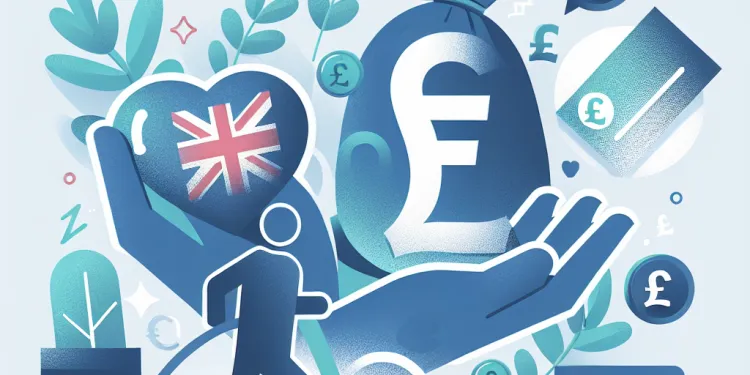
What are risk factors for developing sleep apnea?
Relevance: 80%
-
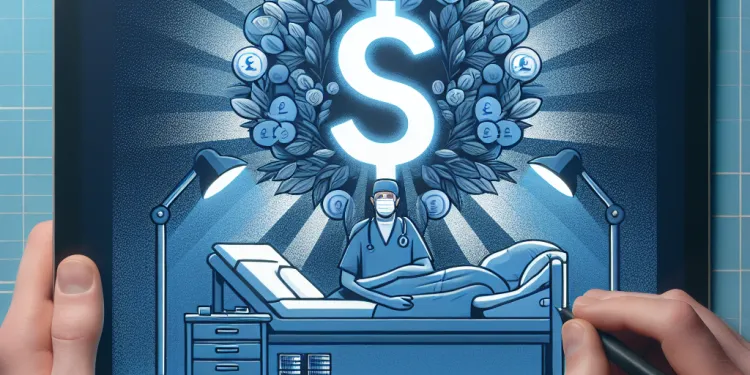
Can sleep apnea be cured?
Relevance: 79%
-
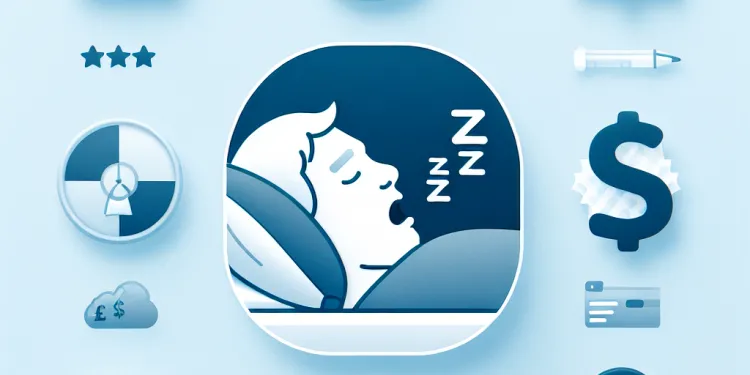
Is snoring always a sign of sleep apnea?
Relevance: 76%
-
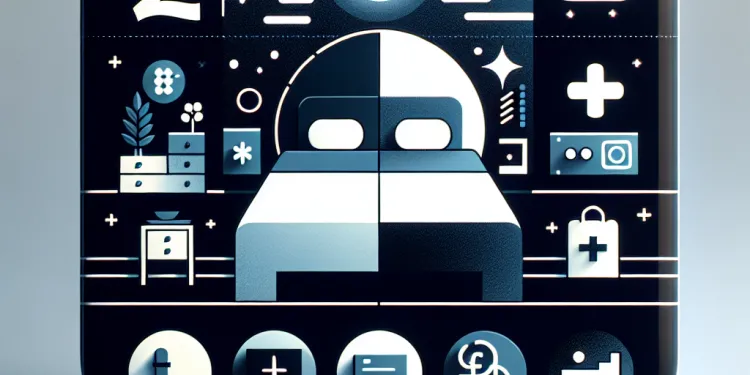
What treatments are available for sleep apnea?
Relevance: 74%
-

What is complex sleep apnea syndrome?
Relevance: 71%
-
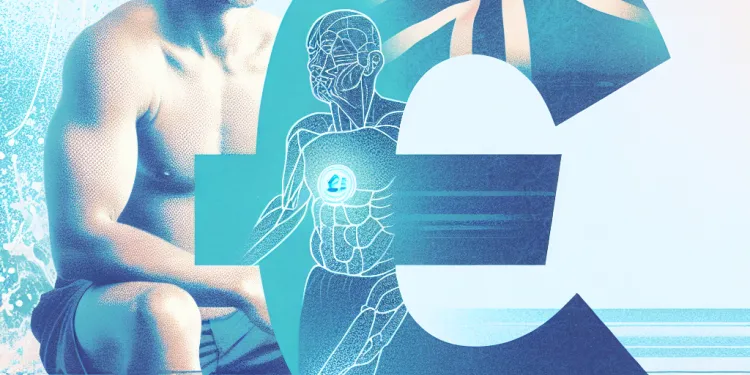
Can weight loss improve sleep apnea?
Relevance: 70%
-
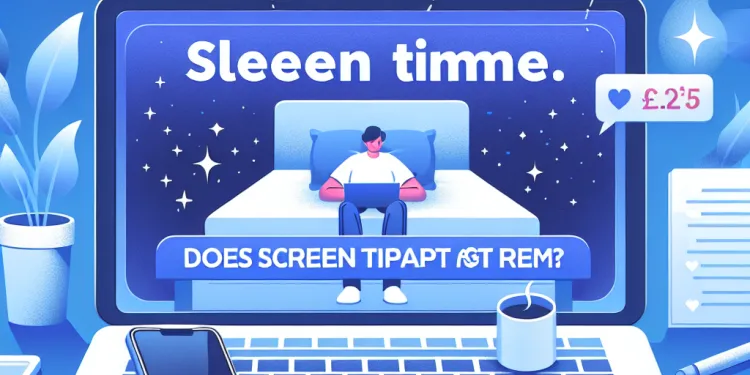
Does screen time impact REM sleep?
Relevance: 66%
-
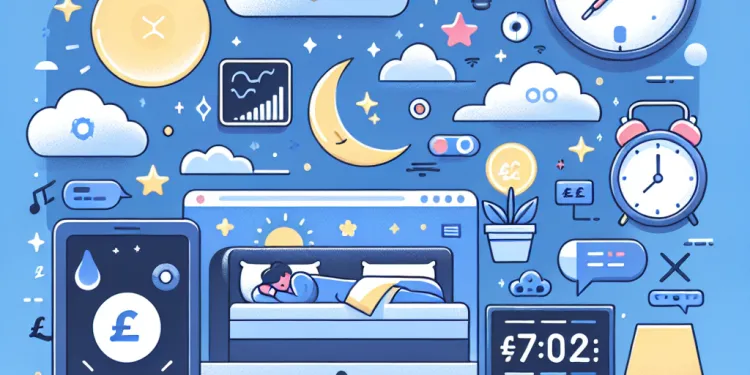
Does screen time affect both sleep onset and sleep maintenance?
Relevance: 64%
-
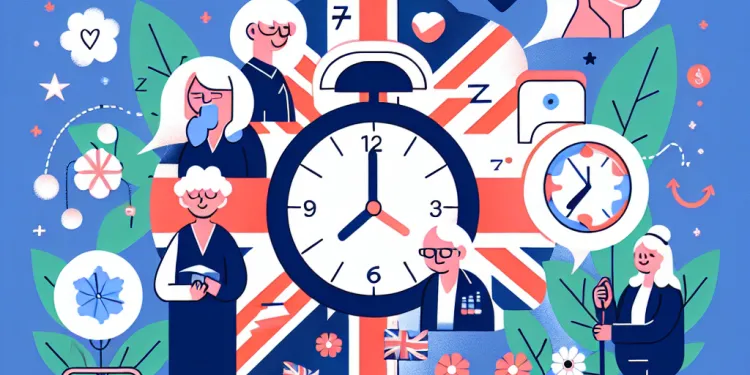
The Importance of Sleep for All Ages
Relevance: 63%
-
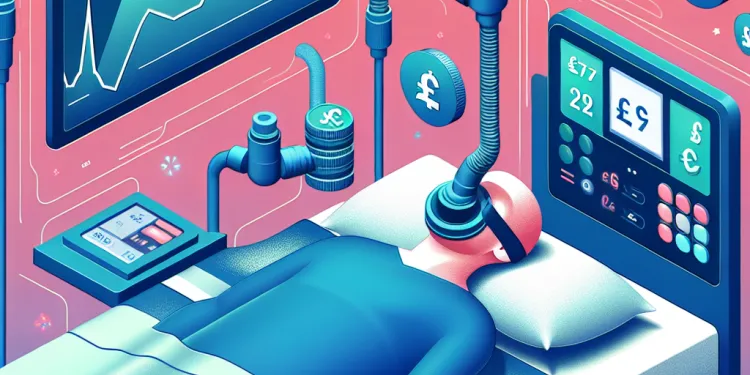
Is CPAP the only treatment for sleep apnea?
Relevance: 63%
-

What causes obstructive sleep apnea?
Relevance: 61%
-
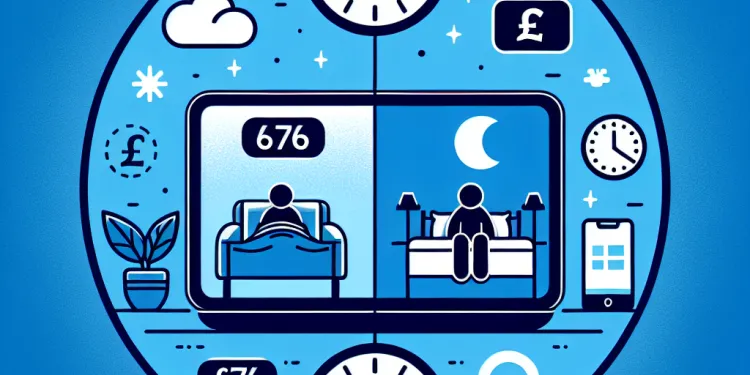
Is there a difference in screen time impact on sleep between weekdays and weekends?
Relevance: 61%
-
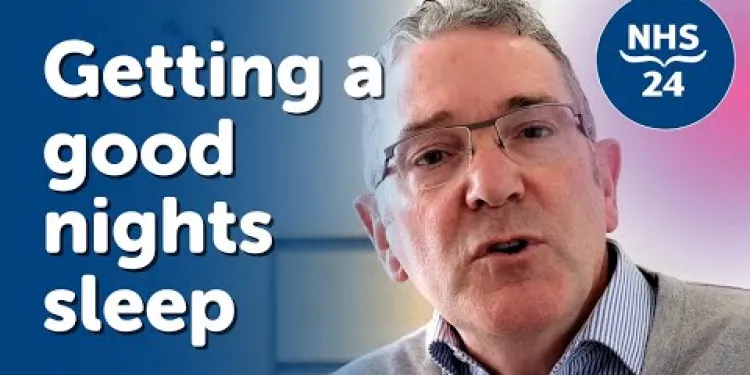
Top Tips to Help You Get a Good Nights Sleep
Relevance: 59%
-
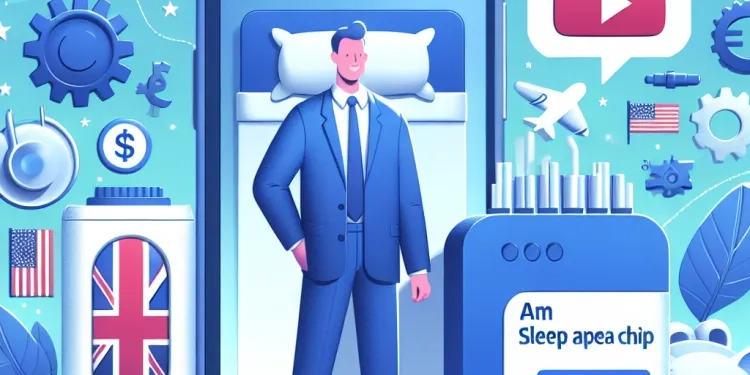
Am I eligible to try the new sleep apnea chip?
Relevance: 56%
-
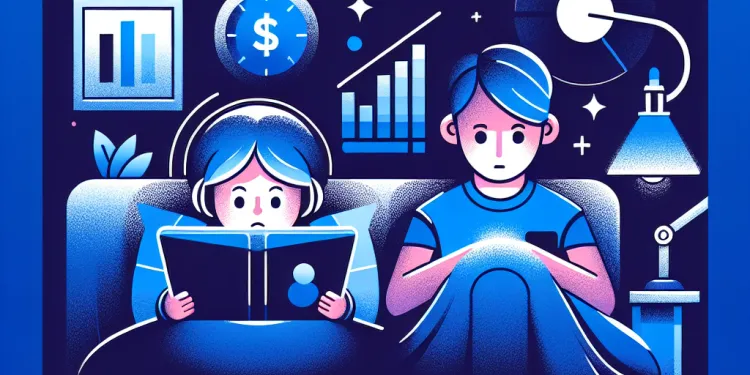
Are children more affected by screen time in relation to sleep than adults?
Relevance: 54%
-

How does the new Sleep Apnea Chip work?
Relevance: 51%
-

What is the main finding of the study linking screen time to sleep quality?
Relevance: 50%
-
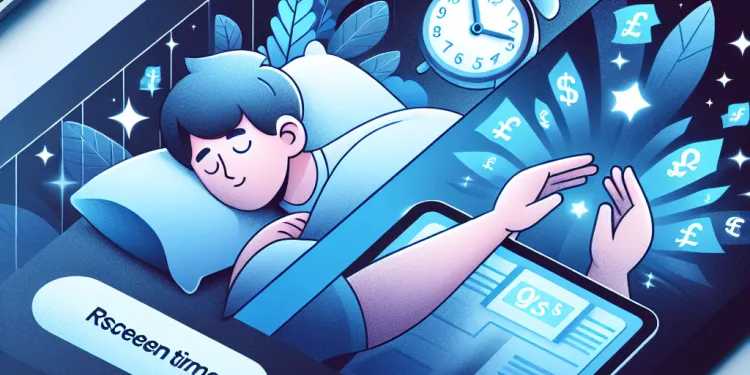
Can reducing screen time improve sleep quality?
Relevance: 50%
-
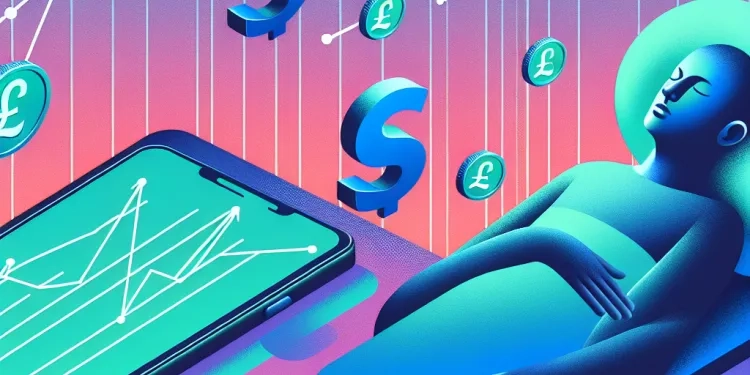
What demographic showed the most significant change in sleep quality due to screen time?
Relevance: 48%
-

How does screen time affect sleep quality?
Relevance: 46%
-

Are there any screen time guidelines recommended for improving sleep?
Relevance: 45%
-
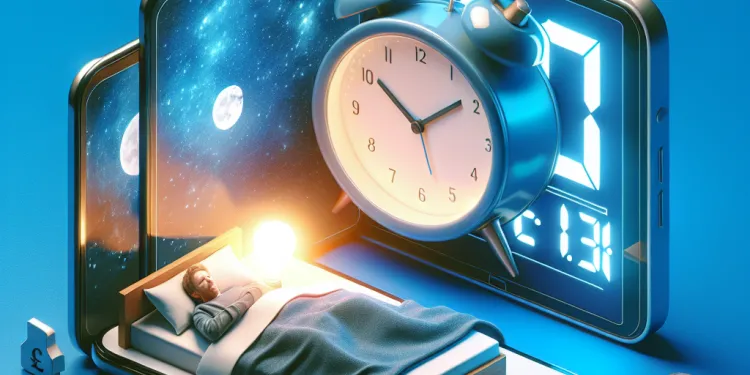
Study Shows Link Between Screen Time and Sleep Quality
Relevance: 45%
-
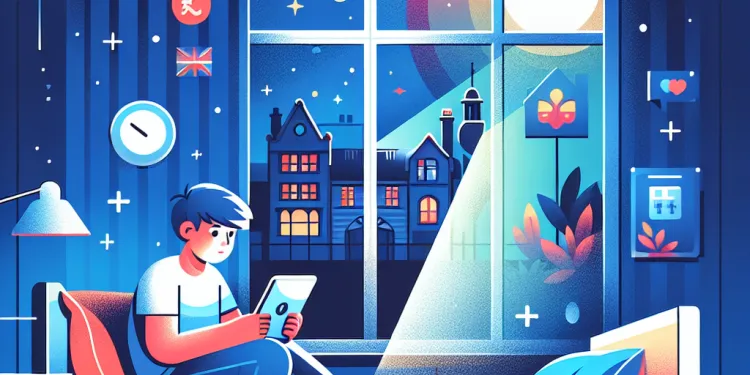
How does screen time before bed specifically affect adolescents?
Relevance: 43%
-
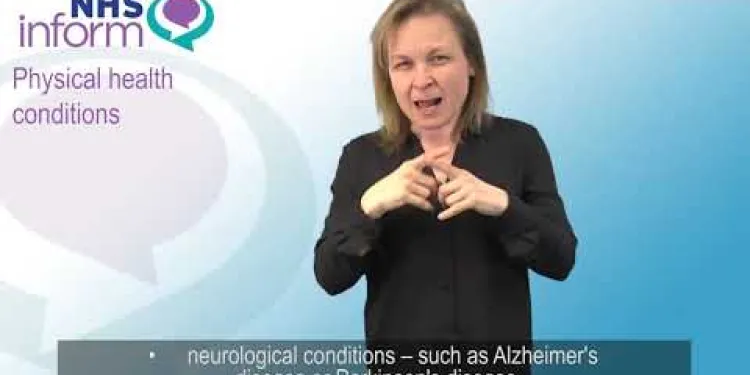
BSL - Causes of insomnia
Relevance: 41%
-
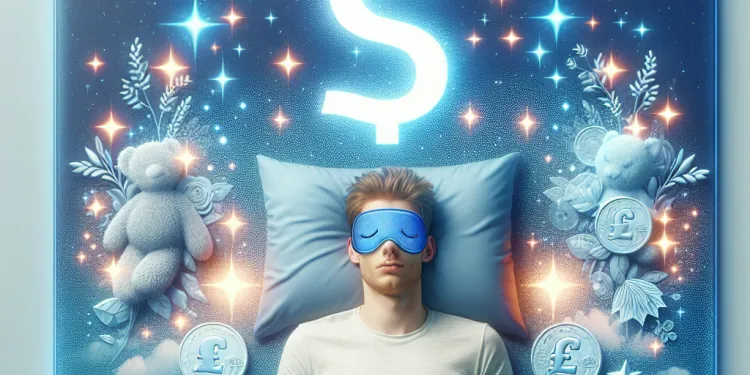
Do mitigation strategies like blue light glasses help improve sleep quality?
Relevance: 37%
-
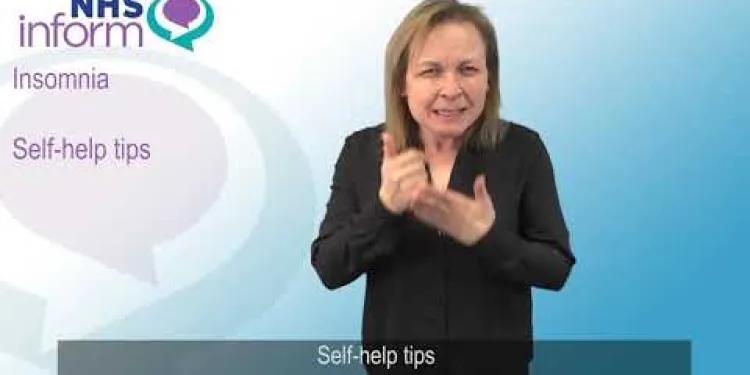
BSL - Insomnia self-help tips
Relevance: 36%
-

Is blue light from screens a factor in affecting sleep quality?
Relevance: 35%
What is Sleep Apnea?
Sleep apnea is a serious sleep disorder that occurs when a person's breathing is interrupted during sleep. People with untreated sleep apnea stop breathing repeatedly during their slumber, sometimes hundreds of times. This means the brain—and the rest of the body—may not get enough oxygen, which can lead to various health issues.
Types of Sleep Apnea
There are three main types of sleep apnea: obstructive sleep apnea, central sleep apnea, and complex sleep apnea syndrome. Obstructive sleep apnea, the most common type, happens when the throat muscles intermittently relax and block the airway during sleep. Central sleep apnea, which is less common, occurs when the brain doesn't send proper signals to the muscles that control breathing. Complex sleep apnea syndrome, also known as treatment-emergent central sleep apnea, is a combination of obstructive and central sleep apnea.
Symptoms
Common symptoms of sleep apnea include loud snoring, episodes of breathing cessation during sleep witnessed by another person, abrupt awakenings accompanied by gasping or choking, waking up with a dry mouth or sore throat, morning headache, difficulty staying asleep, excessive daytime sleepiness, attention problems, and irritability. Importantly, not everyone who snores has sleep apnea, but if snoring is accompanied by any of these symptoms, it might indicate a need to see a doctor.
Causes and Risk Factors
Several factors increase the risk of developing sleep apnea, including excess weight, neck circumference, a narrowed airway, being male, being older, a family history of sleep apnea, use of alcohol, sedatives, or tranquilizers, smoking, nasal congestion, and medical conditions such as congestive heart failure, high blood pressure, Type 2 diabetes, and Parkinson's disease.
Diagnosis and Treatment
Sleep apnea is typically diagnosed by a sleep specialist based on a detailed sleep history and tests, usually a polysomnogram (sleep study) conducted in a sleep lab or at home with portable devices. Treatment may involve lifestyle changes such as losing weight or quitting smoking, using a continuous positive airway pressure (CPAP) machine, wearing an oral device to keep the throat open, or undergoing surgery to remove tissue, shrink tissues, or reposition the jaw. In some cases, treatment can also involve managing related medical conditions.
The Importance of Treatment
Untreated sleep apnea can result in a number of health problems, including high blood pressure, heart problems, Type 2 diabetes, liver problems, and complications with medications and surgery. Therefore, recognizing the symptoms and getting appropriate treatment for sleep apnea is crucial for improving quality of life and health outcomes.
What is Sleep Apnea?
Sleep apnea is a sleep problem. It happens when someone stops breathing while they are asleep. This can happen many times during the night. When this happens, the brain and body do not get enough air. This can make people sick.
Types of Sleep Apnea
There are three kinds of sleep apnea: obstructive sleep apnea, central sleep apnea, and complex sleep apnea syndrome. Obstructive sleep apnea is the most common. It happens when the throat muscles relax too much and block the air. Central sleep apnea is less common. It happens when the brain does not tell the body to breathe. Complex sleep apnea syndrome is when someone has both obstructive and central sleep apnea.
Symptoms
Some signs of sleep apnea are loud snoring, stopping breathing during sleep, waking up suddenly with a gulp or choke, dry mouth or a sore throat when waking up, morning headaches, trouble staying asleep, feeling very tired during the day, problems paying attention, and being grumpy. If you snore and have these signs, you might need to see a doctor.
Causes and Risk Factors
Some things can make it more likely to get sleep apnea. These include being overweight, having a big neck, having a small throat, being male, being older, having family members with sleep apnea, drinking alcohol, using calming medicines, smoking, having a stuffy nose, and having health problems like heart failure, high blood pressure, diabetes, and Parkinson's disease.
Diagnosis and Treatment
A doctor who knows about sleep problems can find out if you have sleep apnea. They might ask about your sleep and do some tests. One test is called a sleep study. It can be done in a special lab or at home. To help with sleep apnea, you might need to make some changes like losing weight or stopping smoking. You might need to use a machine called a CPAP that helps you breathe. You might also use an oral device to keep your throat open or have surgery. Sometimes you need to take care of other health problems too.
The Importance of Treatment
If sleep apnea is not fixed, it can cause health problems like high blood pressure, heart issues, diabetes, liver problems, and problems during surgery. It is important to notice signs of sleep apnea and get help. This will help you feel better and stay healthy.
Frequently Asked Questions
What is sleep apnea?
Sleep apnea is a disorder characterized by interruptions in breathing during sleep, leading to reduced oxygen levels and frequent awakenings.
How common is sleep apnea?
Sleep apnea is quite common, affecting an estimated 1 in 15 adults in the United States.
What are the main types of sleep apnea?
The main types are obstructive sleep apnea (OSA), central sleep apnea (CSA), and complex sleep apnea syndrome.
What causes obstructive sleep apnea?
Obstructive sleep apnea is caused by a blockage of the airway, usually when the soft tissue in the back of the throat collapses during sleep.
What are the symptoms of sleep apnea?
Symptoms include loud snoring, choking sounds during sleep, excessive daytime sleepiness, and morning headaches.
How is sleep apnea diagnosed?
Sleep apnea is diagnosed through a sleep study, either at home or in a sleep clinic, that monitors breathing and other vital signs.
Who is at risk for developing sleep apnea?
Risk factors include being overweight, male, over 40, having a large neck circumference, or a family history of sleep apnea.
Can children have sleep apnea?
Yes, children can have sleep apnea, often due to enlarged tonsils or adenoids, and it can affect their development and behavior.
What are the health risks associated with untreated sleep apnea?
Untreated sleep apnea can lead to high blood pressure, heart disease, stroke, diabetes, and depression.
What treatments are available for sleep apnea?
Treatments include lifestyle changes, CPAP therapy, oral appliances, and surgery.
What is CPAP therapy?
CPAP (Continuous Positive Airway Pressure) therapy involves wearing a mask over the nose and/or mouth to keep the airway open during sleep.
Can lifestyle changes help manage sleep apnea?
Yes, weight loss, avoiding alcohol, quitting smoking, and sleeping on one's side can help reduce the severity of sleep apnea.
How effective are oral appliances for sleep apnea?
Oral appliances, which reposition the jaw, are effective for some people with mild to moderate obstructive sleep apnea.
What surgical options are available for sleep apnea?
Surgical options include removing excess tissue, repositioning the jaw, or implanting devices to help keep the airway open.
Can sleep apnea be cured?
While there is no cure, sleep apnea can often be effectively managed with treatment and lifestyle changes.
Does weight loss improve sleep apnea?
Yes, weight loss can significantly reduce the severity of sleep apnea in many individuals.
Is snoring always a sign of sleep apnea?
Not always, but it is a common symptom. Loud and frequent snoring, especially with pauses in breathing, is more concerning.
How does sleep apnea affect daily life?
It can lead to fatigue, poor concentration, mood disturbances, and an increased risk of accidents.
Can periodic leg movement disorder be associated with sleep apnea?
Yes, it can co-occur, and the disruption of sleep by both conditions can worsen the impact on sleep quality.
What is the prognosis for someone with sleep apnea?
With proper management, most people with sleep apnea can lead normal, healthy lives.
What is sleep apnea?
Sleep apnea is when breathing stops while a person sleeps.
This can make you feel very tired during the day.
Sometimes people snore loudly because of sleep apnea.
Ask a doctor for help if you think you have sleep apnea.
Using a special mask at night can help with breathing.
Sleep apnea is a problem that makes you stop breathing while you sleep. This can lower the amount of oxygen in your body and wake you up a lot during the night.
How many people have sleep apnea?
Sleep apnea is when you stop and start breathing while you sleep. It is very common. About 1 out of every 15 grown-ups in the United States has it.
What are the main types of sleep apnea?
Sleep apnea is when you stop breathing for short times while you sleep. There are three main types:
- Obstructive Sleep Apnea (OSA): This happens when the throat muscles relax too much and block the air path.
- Central Sleep Apnea: This is when the brain does not send the right signals to your muscles that help you breathe.
- Complex Sleep Apnea Syndrome: This is when someone has both obstructive and central sleep apnea.
If you find reading hard, try using a reading ruler or ask someone to read with you. You can also use apps that read text out loud.
There are three main kinds of sleep apnea. They are called obstructive sleep apnea (OSA), central sleep apnea (CSA), and complex sleep apnea syndrome.
What makes it hard to breathe during sleep?
Obstructive sleep apnea happens when something blocks the air from getting through. This usually happens when the soft part at the back of your throat closes up while you sleep.
What happens when you have sleep apnea?
Here is what you might feel if you have sleep apnea:
- You stop breathing for a short time while sleeping.
- You feel very tired during the day.
- You snore loudly at night.
- You wake up with a headache.
These can be signs that something is wrong with your sleep.
Talking to a doctor can help. You can use tools like a sleep diary to track how you sleep. A family member might help write down what they see during your sleep.
Signs that someone might have sleep problems include loud snoring, making choking noises when sleeping, feeling very sleepy during the day, and having headaches in the morning.
How do doctors find out if you have sleep apnea?
Do you want to know how doctors check if someone has sleep apnea? Here is how:
1. **Visit the doctor**: Talk to a doctor about how you sleep. Tell them if you snore loudly or feel very tired during the day.
2. **Sleep test**: The doctor might ask you to do a sleep test. This test watches how you sleep. It can be at home or in a special sleep center.
3. **Tools and Techniques**: During the sleep test, you might wear a small mask or have sensors on your body. These things help check your breathing and how well you sleep.
4. **Get results**: After the test, the doctor will tell you if you have sleep apnea.
If you find it hard to read long texts, ask someone to read it with you. You can also use apps that read text out loud. This help makes learning easier!
Doctors find out if you have sleep apnea by doing a sleep test. This can happen at home or in a sleep clinic. The test checks how you breathe and other important things like your heartbeat while you sleep.
Who can have sleep apnea?
Some people have a greater chance of getting sleep apnea. These include:
- People who are overweight.
- People who snore a lot.
- Men are more likely than women to get it.
- Older people can get it more often.
- Family members of those who have sleep apnea.
Talking to a doctor can help if you think you or someone else has sleep apnea. They can offer advice and ideas to help.
Some things can make sleep apnea more likely. These include:
- Being overweight.
- Being a man.
- Being over 40 years old.
- Having a big neck.
- Having family members with sleep apnea.
If reading is hard, try using an audiobook or ask someone to read with you. You can also use pictures to help understand better.
Can kids have sleep apnea?
Yes, kids can have sleep apnea. This means they have trouble breathing when they sleep. It can make them feel very tired during the day.
If you think your child has sleep apnea, talk to a doctor. They can help. Sometimes, using a special pillow or sleeping on the side can help. Reading a story before bed might help them relax too.
Yes, kids can have trouble sleeping called sleep apnea. This can happen if their tonsils or adenoids are too big. It can make it hard for them to grow and behave well.
What happens to your health if you don't treat sleep apnea?
If sleep apnea is not treated, it can cause:
- High blood pressure
- Heart problems
- Stroke
- Diabetes (a disease where blood sugar is too high)
- Depression (feeling very sad for a long time)
If you have trouble reading, you can:
- Ask someone to read it with you
- Use an app that reads text out loud
- Look up hard words in a simple dictionary
What can help you if you have sleep apnea?
If you have sleep apnea, there are things that can help you sleep better.
Here are some things you can try:
- Use a machine that helps you breathe while you sleep. It is called a CPAP machine.
- Try a special mouthpiece that keeps your mouth in a good position.
- Lose weight if you are overweight. It can help you breathe better at night.
- Do not smoke, and try to drink less alcohol.
- Sleep on your side instead of your back.
Talk to your doctor or nurse. They can help you find what works best for you.
You can try different things to help with this problem. Here are some ways:
- Change how you live. This means eating healthy food, exercising, and sleeping well.
- Use a CPAP machine. This is a mask you wear at night to help you breathe better.
- Wear a special mouthpiece. It helps keep your airway open when you sleep.
- Sometimes, doctors might do surgery to help you breathe better.
What is CPAP therapy?
CPAP therapy is a way to help people breathe while they sleep. CPAP stands for Continuous Positive Airway Pressure.
This therapy uses a machine. The machine blows air into a mask you wear over your nose or mouth. This helps keep your airways open while you sleep.
CPAP therapy is often used to help people with a condition called sleep apnea. Sleep apnea makes it hard for people to breathe at night because their airways can get blocked.
Using CPAP therapy can help people sleep better and feel more rested during the day.
Some helpful tools and ideas:
- You can ask your doctor to show you how to use the CPAP machine.
- Try wearing the mask for short times during the day to get used to it.
- If the mask is uncomfortable, talk to your doctor. They can help find a better fit.
CPAP is a machine that helps you breathe while you sleep. You wear a mask over your nose or mouth. The mask keeps your airway open so you can breathe easily.
Can changing how you live help with sleep apnea?
Yes, losing weight, not drinking alcohol, stopping smoking, and sleeping on your side can help make sleep apnea better.
Do mouthpieces help with sleep apnea?
Sleep apnea is a condition where a person stops breathing for short times during sleep.
A mouthpiece is a tool you wear in your mouth. It can help keep your airway open while you sleep.
Mouthpieces can work well for some people with sleep apnea.
If you think you have sleep apnea, talk to a doctor. They can help you find the best tool for you.
Mouth devices that move the jaw can help some people who have mild to moderate sleep apnea. Sleep apnea is a condition where someone stops breathing for a short time while asleep. These devices can help make breathing easier at night.
Here are some tips that might help:
- Visit a doctor to see if a mouth device is right for you.
- Different devices work for different people, so find one that fits well.
- Ask someone for help if you have questions about using the device.
- Using a reminder or a checklist can help you remember to use your device every night.
What surgeries can help with sleep apnea?
Sleep apnea can make you stop breathing while you sleep. Certain surgeries can help fix this problem. A doctor can tell you which surgery might help you. Here are some surgeries that may be options:
- Uvulopalatopharyngoplasty (UPPP): This surgery helps clear your throat so air can move better.
- Tonsillectomy: This surgery removes the tonsils, which might help you breathe better.
- Nasal surgery: This surgery fixes problems in your nose that make it hard to breathe.
- Maxillomandibular advancement (MMA): This surgery moves the jaw bones to help open your airway.
It's important to talk to your doctor about what surgery could be good for you. They will explain it and help you decide.
Doctors can do a surgery to help you breathe better at night. They might:
- Take out some extra tissue.
- Move your jaw to a new place.
- Put in a small device to help keep your throat open.
Can you stop sleep apnea?
Sleep apnea is a problem where you stop breathing for short times while you sleep.
Here is what can help:
- Lose Weight: If you weigh less, it might help your breathing.
- Use a CPAP Machine: This machine helps you breathe at night.
- Sleep on Your Side: Lying on your side can make breathing easier.
- No Smoking: Smoking makes sleep apnea worse.
- See a Doctor: A doctor can give you special advice and help.
These things help, but see a doctor for the best help. They may suggest other things that work for you.
We can't make sleep apnea go away, but we can help it with treatment and lifestyle changes.
Can losing weight help with sleep apnea?
If you have sleep apnea, it means you stop breathing for short times when you sleep. This can make you tired in the daytime.
Losing weight can help some people with sleep apnea. It might help you breathe better at night.
Here are some tips:
- Eat healthy food like fruits and vegetables.
- Try to exercise a little every day, like walking or playing outside.
- Ask your doctor or a nurse if you need help.
Tools that might help:
- Use a sleep machine called a CPAP if your doctor says you need it. It helps you breathe at night.
- Ask someone for help if you find it hard to read or understand information.
Yes, losing weight can make sleep apnea much better for many people.
Does snoring always mean you have sleep apnea?
Snoring does not always mean you have sleep apnea. Sometimes people snore for other reasons. If you snore a lot, it is a good idea to talk to a doctor.
Here are some tips to help you:
- Use pictures to understand better.
- Ask someone to read with you.
Snoring is not always a problem. But if someone snores loudly and often, it can be a worry. It is especially worrying if the person stops breathing for a short time when they snore.
How does sleep apnea affect daily life?
Sleep apnea is a problem that makes it hard to breathe during sleep.
When this happens, people might feel very tired during the day.
If you feel tired a lot, it can be hard to work or play.
Some people might feel sad or angry because they do not sleep well.
If you have sleep apnea, it is good to talk to a doctor.
Using a breathing machine at night can help.
Taking naps can also help you feel better.
It can make you very tired, hard to focus, and feel moody. It also makes it easier to have accidents.
Can moving legs in sleep be linked to sleep trouble?
Yes, both problems can happen at the same time. They can make sleeping worse and harder.
What happens if someone has sleep apnea?
Sleep apnea means you stop breathing for short times while you sleep.
With help, most people can feel better.
Doctors can give you a mask to wear at night. This helps you breathe. It's called a CPAP machine.
Eating healthy food and exercising can also help you.
If you think you have sleep apnea, talk to a doctor.
With the right help, most people with sleep apnea can have normal, healthy lives.
Useful Links
- Ergsy carfully checks the information in the videos we provide here.
- Videos shown by Youtube after a video has completed, have NOT been reviewed by ERGSY.
- To view, click the arrow in centre of video.
- Most of the videos you find here will have subtitles and/or closed captions available.
- You may need to turn these on, and choose your preferred language.
- Go to the video you'd like to watch.
- If closed captions (CC) are available, settings will be visible on the bottom right of the video player.
- To turn on Captions, click settings .
- To turn off Captions, click settings again.
More Items From Ergsy search
-

How is sleep apnea diagnosed?
Relevance: 100%
-

What are common symptoms of sleep apnea?
Relevance: 97%
-

What is complex sleep apnea syndrome?
Relevance: 94%
-

What is sleep apnea?
Relevance: 93%
-

What are the main types of sleep apnea?
Relevance: 93%
-

Can alcohol worsen sleep apnea?
Relevance: 92%
-

How common is sleep apnea?
Relevance: 91%
-

Why is sleep apnea dangerous?
Relevance: 88%
-

What is sleep apnoea?
Relevance: 88%
-

Can children have sleep apnea?
Relevance: 87%
-

Does sleep apnea occur only in adults?
Relevance: 86%
-

What should I do if I suspect I have sleep apnea?
Relevance: 82%
-

What lifestyle changes can help manage sleep apnea?
Relevance: 82%
-

What are risk factors for developing sleep apnea?
Relevance: 80%
-

Can sleep apnea be cured?
Relevance: 79%
-

Is snoring always a sign of sleep apnea?
Relevance: 76%
-

What treatments are available for sleep apnea?
Relevance: 74%
-

What is complex sleep apnea syndrome?
Relevance: 71%
-

Can weight loss improve sleep apnea?
Relevance: 70%
-

Does screen time impact REM sleep?
Relevance: 66%
-

Does screen time affect both sleep onset and sleep maintenance?
Relevance: 64%
-

The Importance of Sleep for All Ages
Relevance: 63%
-

Is CPAP the only treatment for sleep apnea?
Relevance: 63%
-

What causes obstructive sleep apnea?
Relevance: 61%
-

Is there a difference in screen time impact on sleep between weekdays and weekends?
Relevance: 61%
-

Top Tips to Help You Get a Good Nights Sleep
Relevance: 59%
-

Am I eligible to try the new sleep apnea chip?
Relevance: 56%
-

Are children more affected by screen time in relation to sleep than adults?
Relevance: 54%
-

How does the new Sleep Apnea Chip work?
Relevance: 51%
-

What is the main finding of the study linking screen time to sleep quality?
Relevance: 50%
-

Can reducing screen time improve sleep quality?
Relevance: 50%
-

What demographic showed the most significant change in sleep quality due to screen time?
Relevance: 48%
-

How does screen time affect sleep quality?
Relevance: 46%
-

Are there any screen time guidelines recommended for improving sleep?
Relevance: 45%
-

Study Shows Link Between Screen Time and Sleep Quality
Relevance: 45%
-

How does screen time before bed specifically affect adolescents?
Relevance: 43%
-

BSL - Causes of insomnia
Relevance: 41%
-

Do mitigation strategies like blue light glasses help improve sleep quality?
Relevance: 37%
-

BSL - Insomnia self-help tips
Relevance: 36%
-

Is blue light from screens a factor in affecting sleep quality?
Relevance: 35%